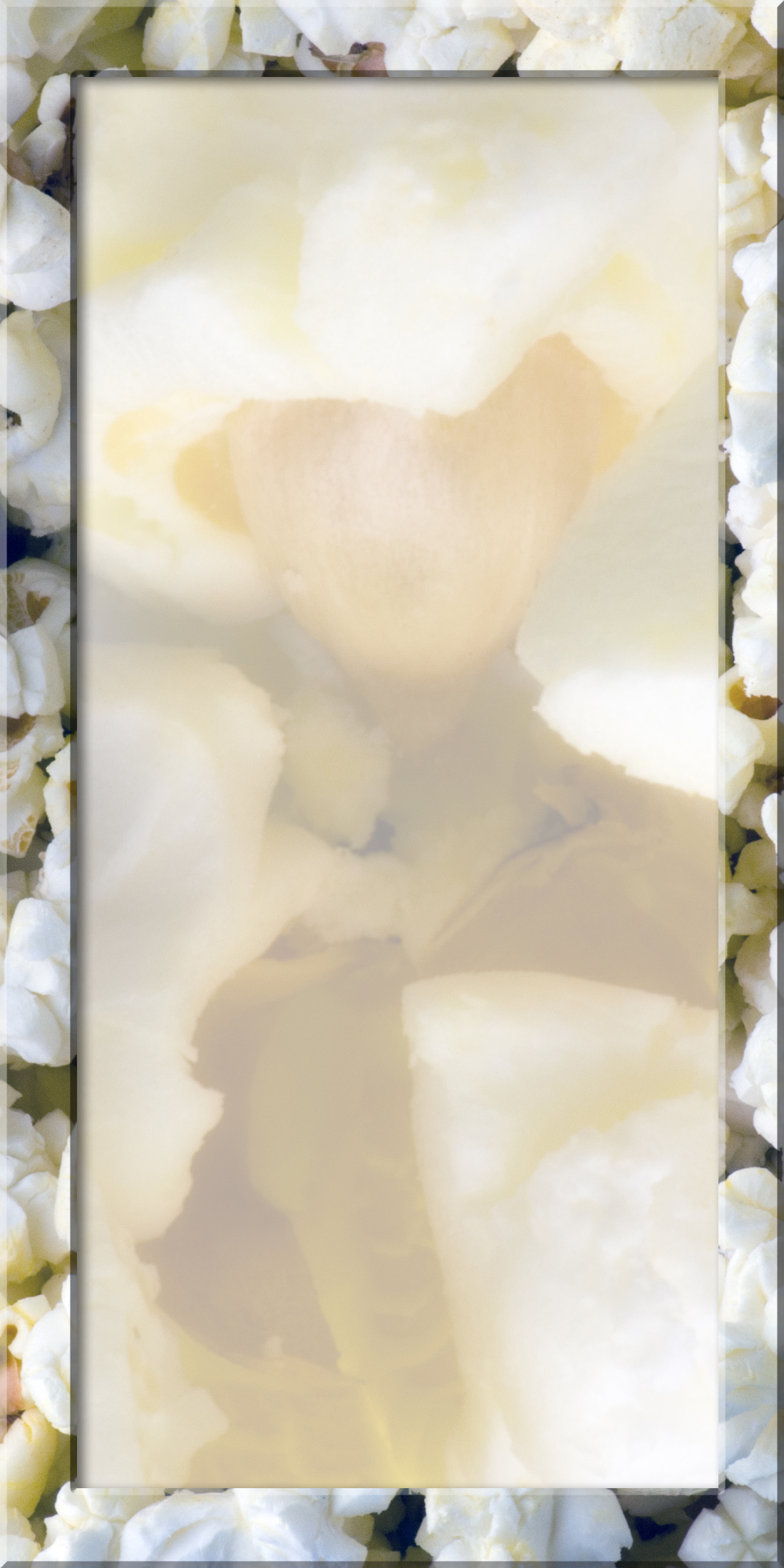Palomar by Jennifer Anthony
I can make it, Paloma told herself. It’s just three days.
Paloma picked some crumbs from the corners of her mouth, plucked a feather off her shoulder, and tucked her arms behind her like wings. The babysitting was a favor for her sister Marisol, who claimed there was no one else to watch her grandchild – not a soul who could take on the little monster for sixty or so hours while Marisol frittered away the time on a mother-daughter weekend in Carmel.
Children made Paloma tense. The questions. The poking around. And the endless and suffocating needs: hungry, thirsty, tired, bored, sick. She had only seen this particular specimen twice – seated in the church’s last pew at Paloma’s mother’s funeral, five years back, and then her father’s, just six months ago. With translucent blue eyes and glowing alabaster skin, the kid was hard to miss.
At the last funeral, the child had stage-whispered questions to her mother as she stared, beady-eyed, in Paloma’s direction: Who’s that birdy-looking woman not talking to anyone? Why’s she just staring out the window? After the service, the girl had shaken her hand, firmly. Paloma never was too good at guessing children’s ages but she figured the girl – that stern hand shaker – had about ten tree rings. About the same number that Paloma – who now had 71 or so – had had, when she first Changed.
And now the little urchin was spilling out from her grandmother’s ridiculous gold Mercedes and lurching up the pathway that led to Paloma’s front door, weighted down by an enormous backpack. Marisol trailed behind her like a burro, carrying the rest of the girl’s luggage.
Just three days, Paloma reiterated to herself. She swung the door open wide and attempted a smile.
“Buenos, Palomita!” Marisol said, dropping the luggage on the porch and squeezing Paloma in a bone-popping, arthritis-inducing hug. “I can’t tell you how grateful I am that you’re taking care of Heather.” The family had moved from Argentina long ago – when Marisol was eight and Paloma, sixteen. But Marisol had recently resurrected an accent – fabricated and for show, like the car, the house, the two daughters she had spawned, and their brood of children who she dressed and paraded around like her own.
“She is so very excited!” Marisol continued, gesturing to the child who stood, morose as an upright cadaver, beside her grandmother’s cream and white pant-suited body. “She won’t be a hassle at all: fácil fácil fácil. She’ll probably read the entire time, or work on her Sudoku puzzles – she’s a whiz with numbers.” With a pointy pink nail, she gave the child a poke, quick as a cattle prod. “Go on inside – first bedroom on the left – and put your maletas down, niña, while I talk with my hermana.”
Paloma watched with mild amusement as the girl schlumped down the hall with her elephantitis-inflicted luggage.
Marisol’s smile vanished. “Are those damn pigeons still out there?” One pink nail pointed in the direction of the back yard.
“Por supuesto,” Paloma said, using the Spanish for irony. “You think just because Papí died I’m going to kill them?”
“Ugh,” Marisol said, gazing around the room at the dust-covered furniture, the toppling stacks of books, and the several coffee mugs that hadn’t quite made their way to the sink. “Those birds are so damn filthy. Why don’t you set them free?”
“They are homing pigeons. They’ll come back,” Paloma said. “And besides, I like them. It’s you and Mamí who hated them, always.”
“I’ll tell you why I hate them,” Marisol whispered, as footsteps approached on the hardwood floor. “Because they were all you and Papí cared about. Disgusting creatures, is what they are. Shitting all over everything. And Papí, spending all that money on their food, the leg bands, the racing clocks, the coops, everything.”
Paloma watched in fascination as her sister’s face purpled. For years, she had managed to arrange this lecture by phone and avoid the visual theatrics.
“And another thing, Paloma!” Marisol continued. “You cannot do any of your disappearing acts! You cannot just up and leave, like you do – like you have done. Heather is a child – you can’t leave her on her own.”
